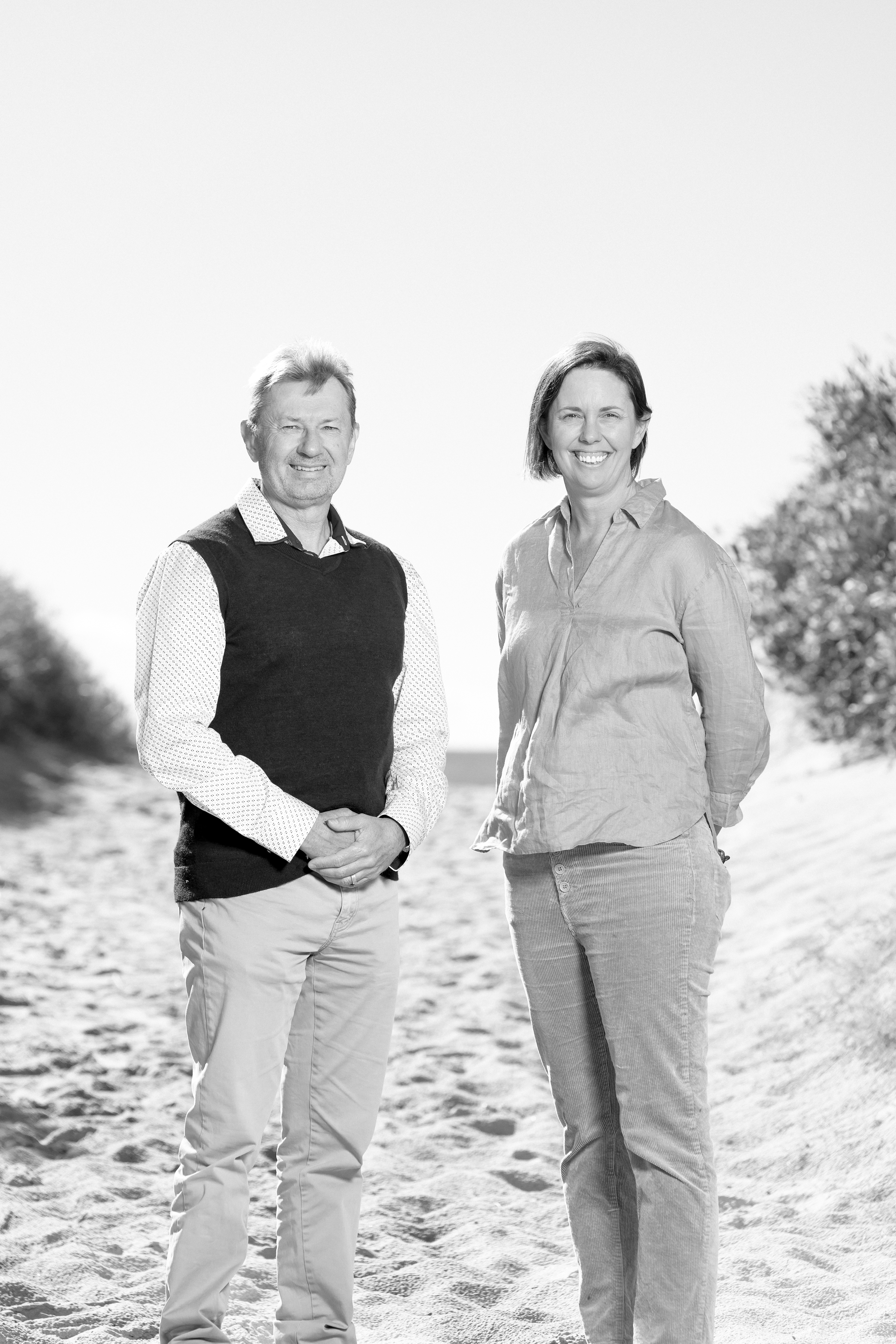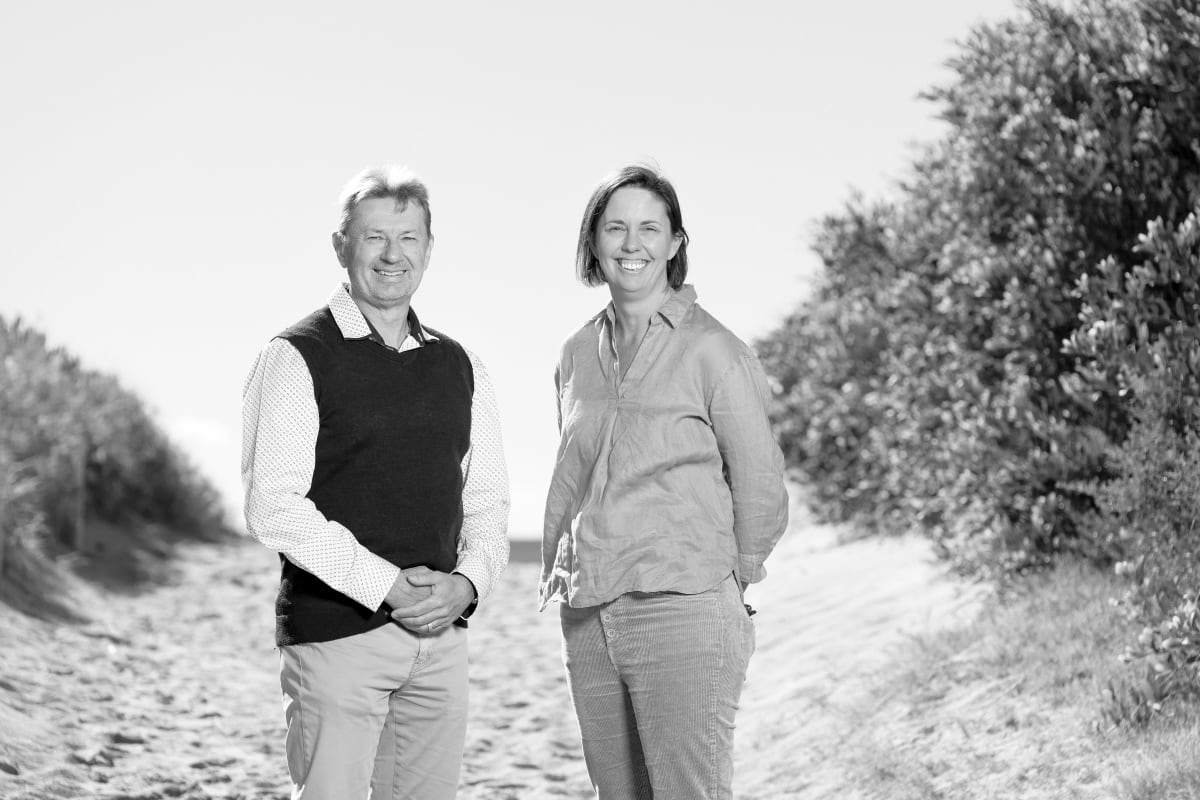Navigating the Illawarra Offshore Energy Debate: A Call for Collaboration
By Michelle Voyer & Ty Christopher of the University of Wollongong The recent announcement of the Illawarra Offshore Energy Infrastructure Zone marks a pivotal moment for our community. Whilst the Federal Government’s submission summary report...

By Michelle Voyer & Ty Christopher of the University of Wollongong
The recent announcement of the Illawarra Offshore Energy Infrastructure Zone marks a pivotal moment for our community. Whilst the Federal Government’s submission summary report paints a picture of a community divided, it also provides some important clues about where there are opportunities for collaboration.
The summary report reveals that 33% of submissions were in favour of the proposed zone and 65% were opposed. While these figures might suggest overwhelming opposition, it’s worth remembering that it is common for opponents to dominate participation in public consultation exercises. It is therefore likely that the divide between the two camps is not as wide as these figures might suggest.
But focusing on the blunt binary of support versus opposition is not a constructive path through the current conflict in our community. It’s imperative to start to bridge the divergent views between these two positions. Dismissing concerns from opponents as uninformed or self-interested or disregarding supporters’ perspectives risks deepening rifts within our community. Genuine progress requires respectful dialogue and a commitment to finding common ground.
Moving forward demands a concerted effort towards collaboration. We feel there is more work to do to support this – and there are some great ideas contained within the submissions.
Firstly, the report documents concerns about the adequacy of current consultation methods and notes that a numbers of submissions advocated for a community taskforce to enhance engagement and guide research priorities. There is still scope to do this now the zone is declared and we feel that this step could bolster inclusivity and coherence in the approach to feasibility licencing.
Secondly, environmental concerns unite both supporters and opponents, with 77% of submissions citing worries about potential impacts. Addressing these concerns through robust, independent research is vital. We had hoped to see a strong commitment from the Federal Government to support independent research to underpin the future development of this industry, including creative approaches to how this might be funded. Regrettably, this did not occur, but the opportunity for independent environmental research remains.
Thirdly, the issue of community benefits from future wind farm developments remains unresolved. The potential for community benefits extends far beyond traditional employment numbers. The absence of structured negotiation mechanisms leaves communities vulnerable, as negotiations will happen behind closed doors and assumptions will be made, excluding broader community input. This approach risks undermining trust and fairness in benefit sharing arrangements.
Here are our suggested next steps for how our community can chart a new course forward which places local knowledge, experience and needs at the centre of the next stage of this long process:
- Establishment of a Community Reference Group: we suggest a consultative mechanism needs to be established to harness local expertise to guide the feasibility and licensing process, ensuring community voices shape the direction of development.
- Development of Independent Research Frameworks: we suggest the above group work with the community to define transparent research priorities which shine a light on risks and benefits and provide a foundation for informed decision-making.
- Adoption of Community Engagement Protocols: we recommend instituting clear and transparent protocols for inclusive stakeholder engagement, ensuring all voices are heard and respected and that community gets a say in defining community benefit frameworks.
This process isn’t just about approving or rejecting a project – it’s about shaping a sustainable future that respects diverse perspectives and protects our environment. By fostering collaboration and informed decision-making, we can navigate this complex terrain together, ensuring the voices of all Illawarra residents are heard and respected.
As we embark on this journey of planning, research, and engagement, let’s embrace the opportunity to co-design a pathway that balances progress with community well-being. Together, we can build a resilient and inclusive future for the Illawarra, grounded in shared values and supported by robust evidence.
FAQ at UOW
UOW researchers have compiled an independent list of offshore wind FAQs, which can be read on the Blue Energy Futures Lab website

About the authors
Michelle Voyer is an Associate Professor with the Australian National Centre for Ocean Resources and Security (ANCORS) at the University of Wollongong. Her research focuses on the human dimensions of marine conservation and resource management, and the nexus of social science and policy. Building on a ten year career in Australian state and federal government, and marine science undergraduate training, Michelle's research now focuses primarily on ocean governance and fisheries and marine social science questions. In 2014 she completed her PhD examining the social acceptability of Marine Protected Areas (MPAs), with a focus on two NSW marine parks. Since then she has been involved in a range of contract and academic research projects in Australia and overseas, looking at commercial and recreational fisheries, MPAs, Indigenous cultural fishing and maritime and ocean uses as part of an emerging Blue Economy.
Ty Christopher is the Director, Energy Futures Network at the Faculty of Engineering and Information Sciences at the University of Wollongong.





